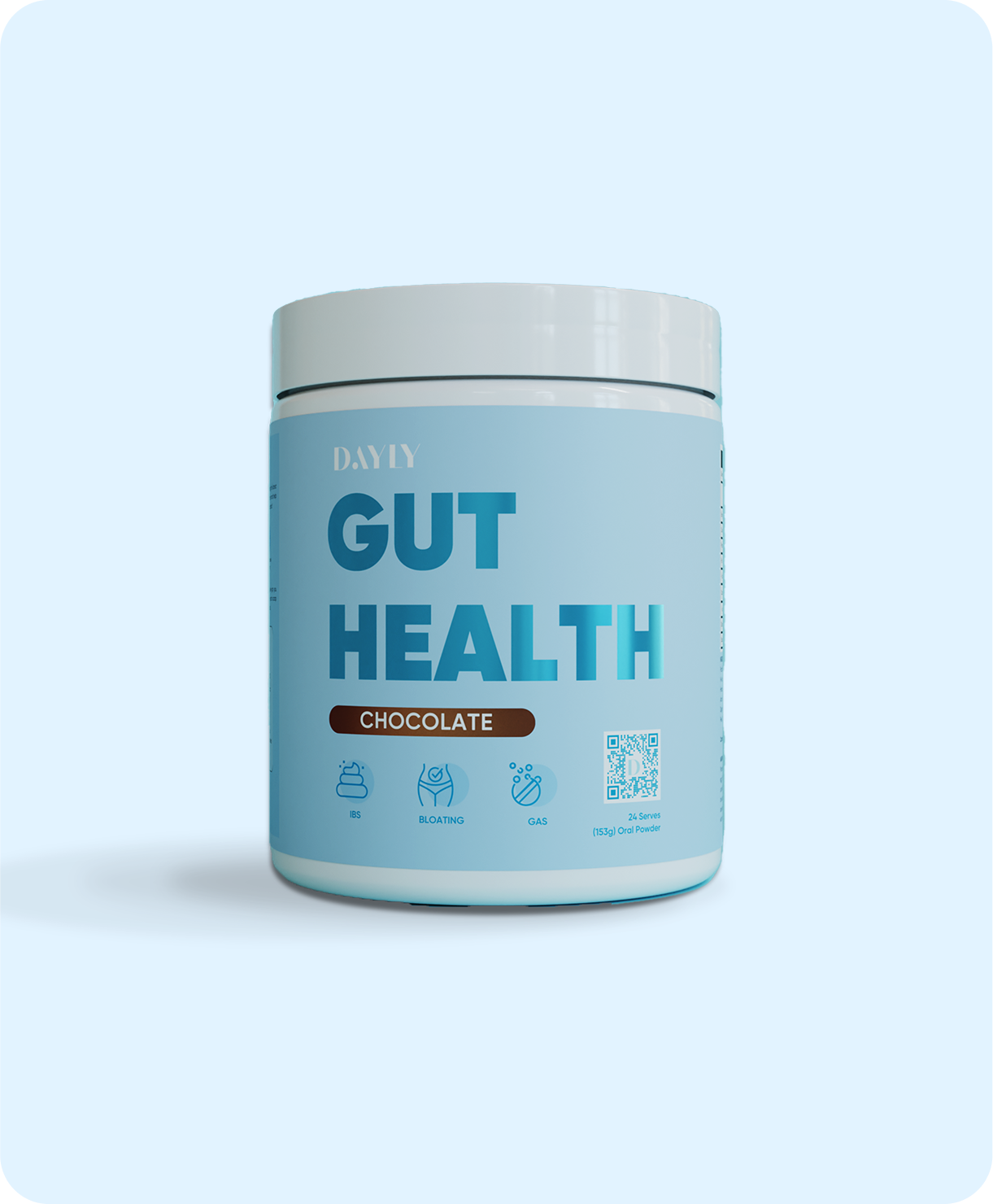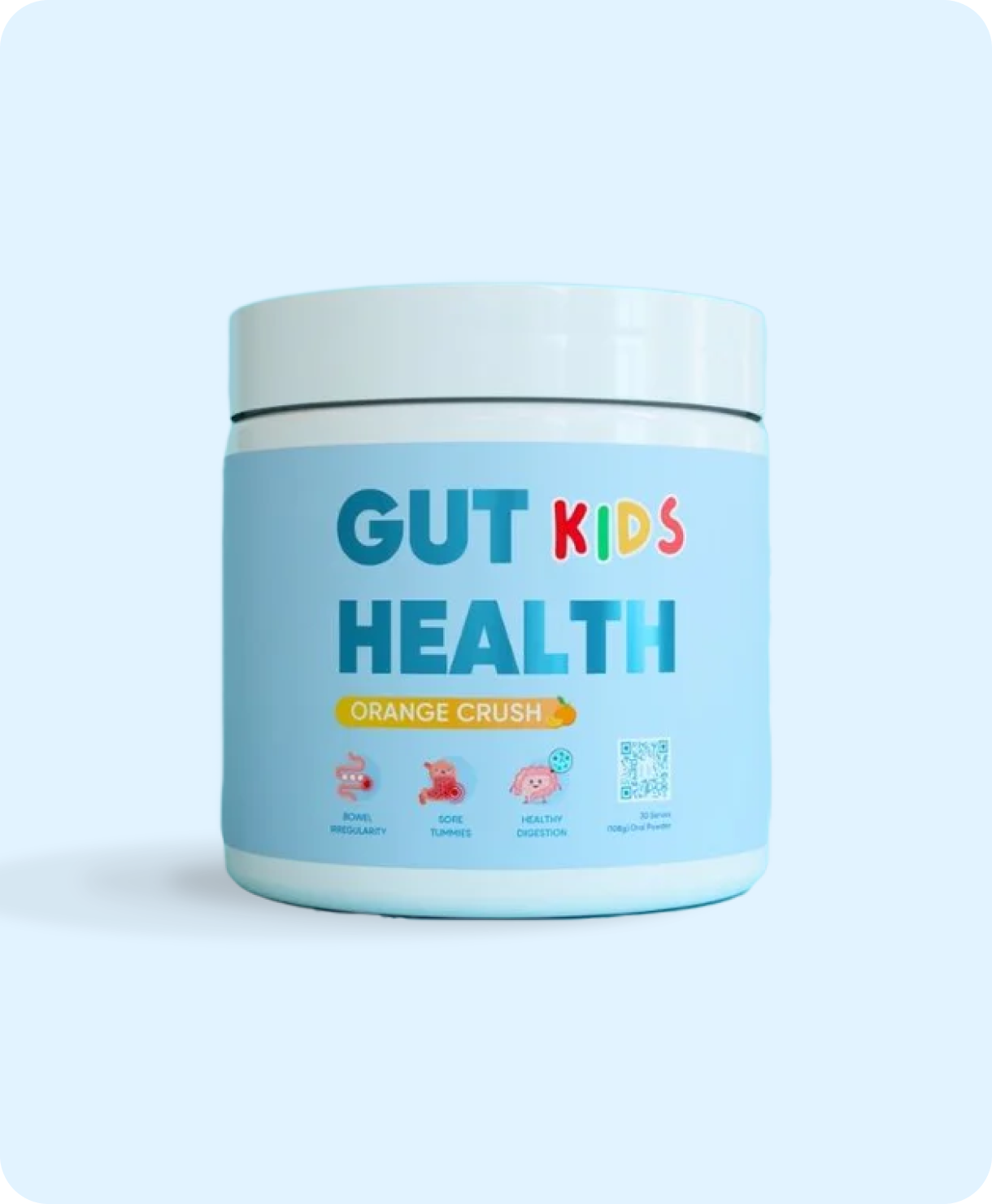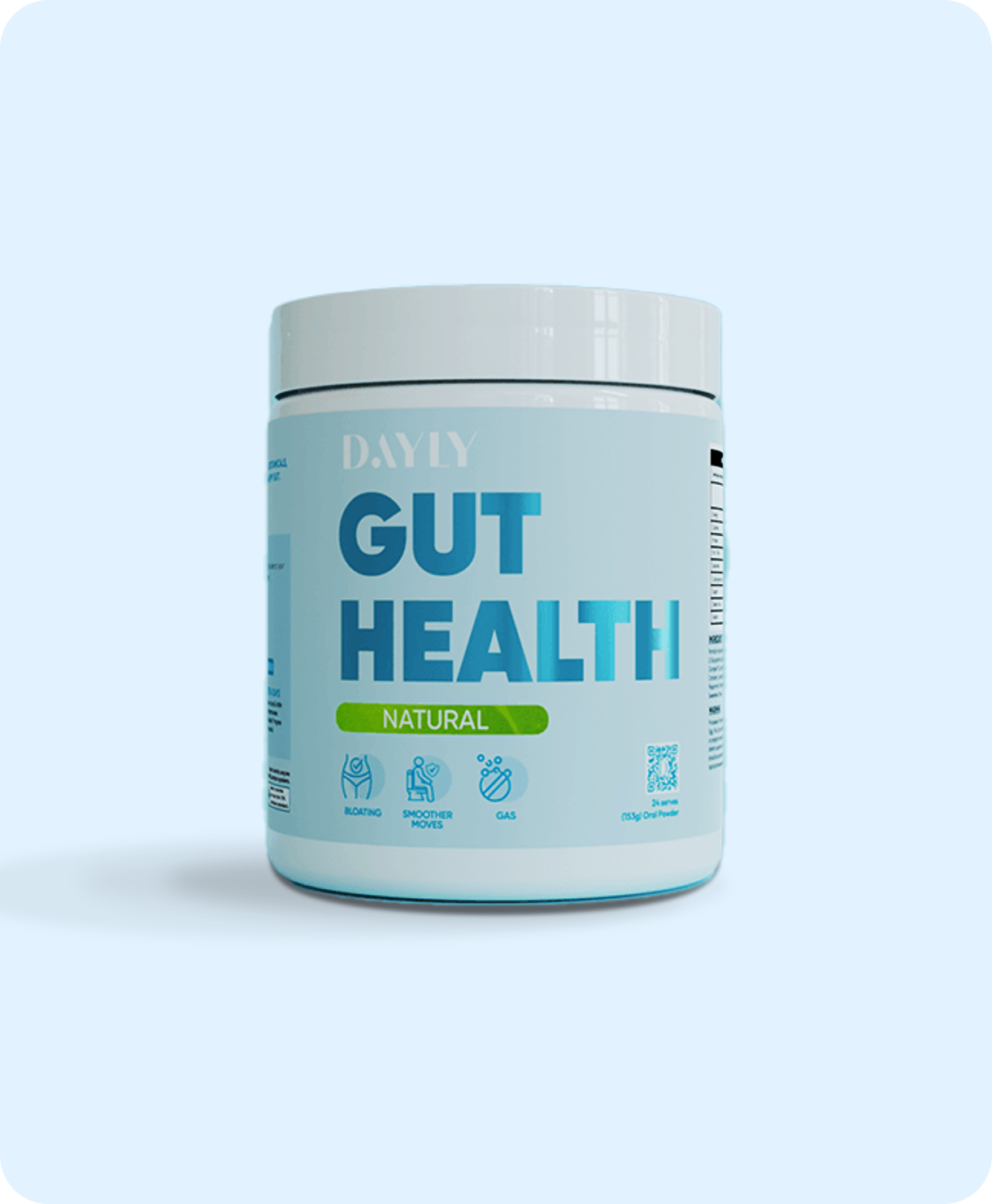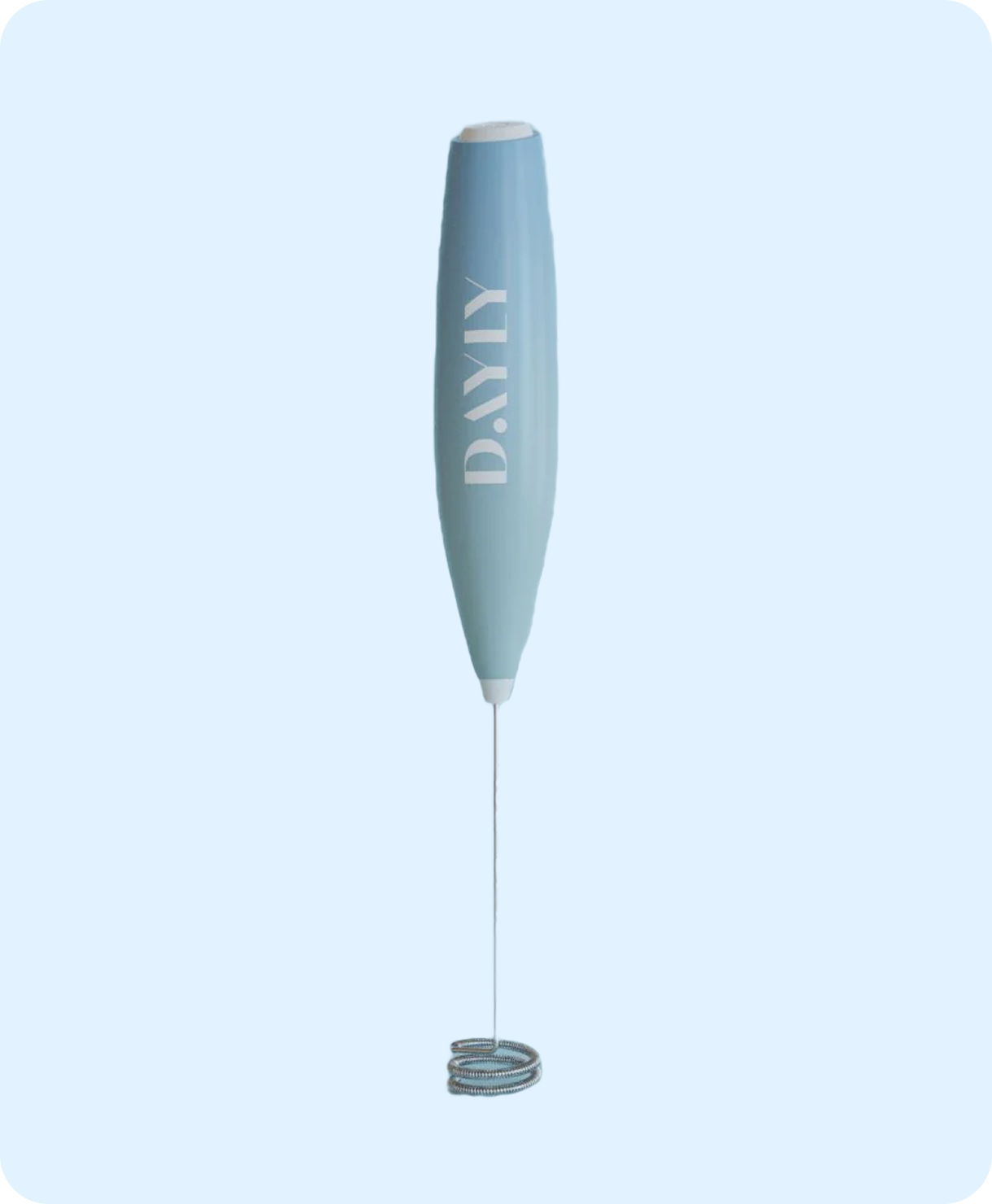We’ve all had skin issues before. From pesky pimples to itchy scalps, our skin can leave us feeling uncomfortable and self-conscious. Navigating skin issues can be tricky because the root cause is different for everyone. Did you know that gut health can affect skin? In fact, gut health may be the key to your skin problems. So, what is the gut-skin connection?
The gut-skin axis
The gut-skin axis refers to the two-way relationship between the gut microbiome and skin health [1]. The gut microbiome and skin have a similar purpose and function because they both regulate the immune and endocrine (hormone) systems. Since both organs work together to fight off pathogens and maintain a healthy balance within the body, gut health can affect your skin and your skin can affect your gut health.
So how does your gut affect your skin?
The gut and the immune system
An unhealthy gut may lead to an unbalanced gut microbiome. The gut microbiome is made up of trillions of microorganisms that live in your gut. The good bacteria in the microbiome regulates the immune system by producing antiviral proteins that get rid of viruses. So, when the gut microbiome is unbalanced and has more bad bacteria than good bacteria, the immune response is weakened. The weakened immune response promotes the development of skin issues like acne, eczema and psoriasis.
Many skin issues are inflammatory conditions. In fact, acne vulgaris is one of the most common inflammatory skin conditions, affecting 85% of individuals throughout their lives [2]. These skin problems worsen when inflammation increases in the body. For instance, when your gut microbiome is unbalanced, the bad bacteria may negatively affect skin function, leading to more inflammation in your body. So, if there’s too much bad bacteria in your gut, your acne may flare up.
An unbalanced gut microbiome also produces less short-chain fatty acids. Short-chain fatty acids are made by the good bacteria in your gut when fiber is fermented in the large intestine. These fatty acids are super important to gut health because they can help reduce inflammation in the gut. So, when the gut microbiome doesn’t have enough good bacteria to make short-chain fatty acids, your body can’t reduce inflammation, making your acne worse.
The gut and the endocrine system:
The gut microbiome also regulates the endocrine system. So, when the gut microbiome is unbalanced, the hormone levels throughout your body may also be unbalanced. There are over 50 hormones in your body and they all have different functions [3]. Some are directly linked to common skin conditions. For instance, the hormone progesterone stimulates the production of sebum or oil. So, when too much progesterone is produced in the body, excess oil is also produced. This oil interacts with bacteria on your skin, causing skin issues like acne.
The hormone estrogen helps stimulate the good proteins in your body like collagen, elastin and hyaluronic acid that keep your skin hydrated and youthful. So, hormonal changes in your body may decrease the production of estrogen. Insufficient estrogen can affect your skin by making it thinner, reducing its elasticity, and increasing wrinkles. No one wants fine lines or premature wrinkles, so keep your gut healthy to help balance your hormones.
Gut health is super important because it affects your gut microbiome which regulates the immune and endocrine systems. These systems are directly linked to your skin and can negatively affect it if they’re unbalanced.
3 Ways to Improve Your Skin Through Your Gut
-
Eat fiber-rich foods
It’s super important to eat fiber-rich foods because fiber is the key to making short-chain fatty acids. These fatty acids can help reduce inflammation in the gut which may improve skin issues like acne. Not sure what foods are rich in fiber? Try berries, apples, avocados, broccoli and beans.
-
Eat more polyphenols
Polyphenols are magical little compounds that are found in plant-based foods such as fruits, veggies, cacao, green tea, turmeric and red wine. They may improve skin issues by scavenging for inflammation and free radicals in the body - unstable atoms that can damage cells, causing illness and aging. Polyphenols neutralize these free radicals, reducing inflammation. Polyphenols can also improve skin issues by feeding good bacteria in your gut which helps reduce inflammation.
-
Eat foods rich in catechins
Catechins are natural antioxidants that prevent inflammation in the body. They are found in a variety of foods like apricots, raspberries, black grapes, fresh tea leaves, broad beans and red wine. So, catechins may help improve skin problems like acne and psoriasis by lowering the inflammation in your body.
With a healthy gut, you may be able to greatly improve your skin. But don’t forget that you need to eat healthy foods to keep your gut healthy. Try DAYLY Gut Health to improve your digestion and start your journey to better skin today!
Cited Sources for more info:
-
https://www.ncbi.nlm.nih.gov/pmc/articles/PMC7916842/#:~:text=The%20connection%20between%20the%20skin,described%20by%20Arck%20et%20al
-
https://pubmed.ncbi.nlm.nih.gov/23210645/
-
https://www.ncbi.nlm.nih.gov/pmc/articles/PMC6761896/








